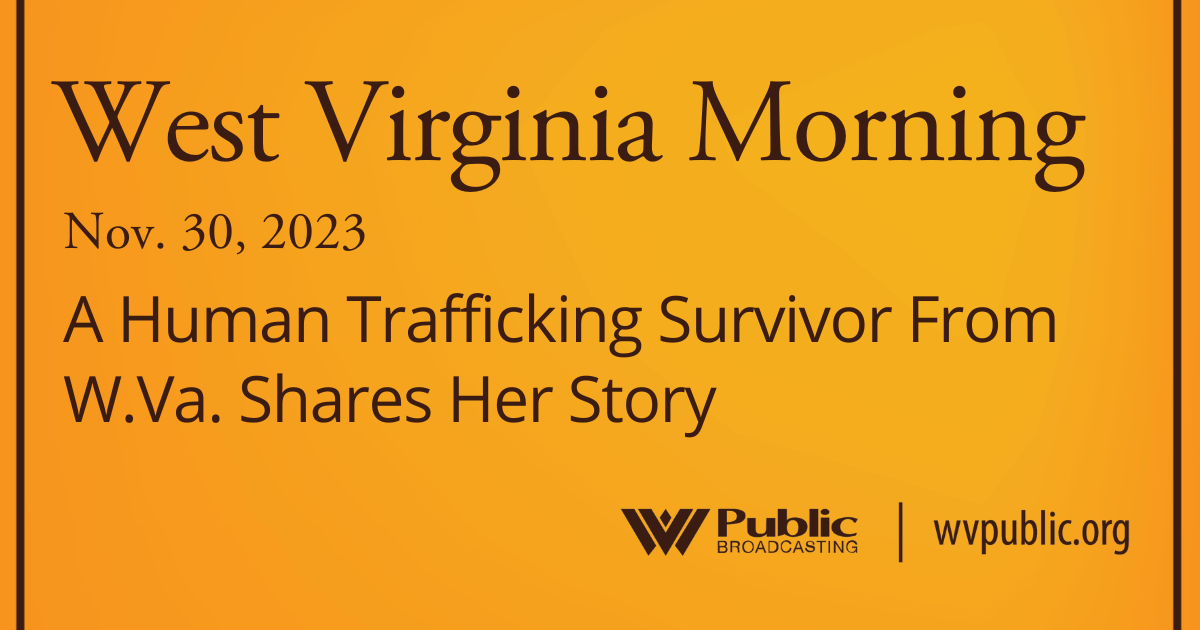On a Friday morning, a small group of mostly Black women gathered at A More Excellent Way Life Church on Charleston’s West Side. But instead of bibles, they brought laptop computers. And instead of prayer, they heard a presentation from the West Virginia School of Osteopathic Medicine on what are called “Community Health Workers.”
A community health worker isn’t a doctor or a nurse. Instead, they do more for outreach and education, in rural, urban and global settings.
Elder Denise White, a pastor, was one of the participants. The class was her idea. She and the church know that the West Side’s health needs are far-ranging.
“The West Virginian population tends to be at the lower levels of all the health indexes across the board,” she said.
The state ranks first in the nation for prevalence of heart disease and obesity.
Across West Virginia, faith-based organizations are filling needs in their communities. Beyond spiritual guidance, places of worship can offer their members a sense of community, and resources like food and clothing.
Elder White says her place of worship gives out food baskets regularly, serving hundreds of people at a time. With the coronavirus pandemic, the church found itself hosting free COVID-19 testing. It also streamed a Facebook video of their leading pastor, Bishop Robert Haley III, getting a coronavirus vaccine earlier this year, to encourage others to do the same.
The church will also hold a health fair open to the public on June 26. Attendees can visit booths from local health providers like PAAC and Health Right.
By training volunteers to educate and help the community on health-related topics, it’s another step to help the congregation lead healthier lives. White says it’s about meeting people where they are at.
“We see this program as an opportunity to get others trained in the community to work towards getting into the schools, getting into the homes, getting into other businesses to encourage a more holistic approach to health outcomes in our community,” she said.
Evonne Richards of Raleigh County led Friday morning’s presentation. She works for the West Virginia School of Osteopathic Medicine. She said community health workers meet a coverage gap that occurs outside of a hospital’s walls.
“When someone’s discharged from a hospital, who’s going to help them get to their next appointment to make sure everything’s OK? Who’s going to help them make proper food choices?” Richards said.
Community health workers can also bring a cultural competency that not all health providers can.
“They gain credibility within the community, because you’re from the actual community you’re serving,” Richards said. “You know what it’s like to get up everyday and be a resident of the West Side of Charleston.”
To do that, public health experts say it’s best to have some training on the health care system, public resources, and communication skills. The school of Osteopathic Medicine has free training suited for those with no previous health care experience.
Theresa Coleman took the course that day at the church she attends. She has worked as a CNA and counselor before. She says her church members are already doing some of the labor of a community health worker.
“We have people coming by all the time riding a bike, needing water, saying they might faint. Well, we have a blood pressure monitor and we can send them to the emergency room or where they might need to go,” Coleman said.
This training will give tools to better serve local residents. Another participant, Tina Beatty, agreed.
“The more you know about something, the need that is in the community, the better you will be at helping them solve problems,” she said.
